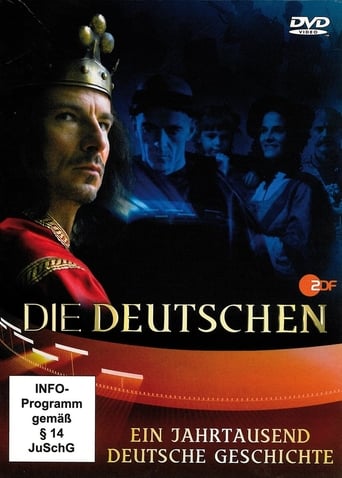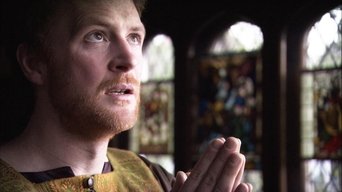Die Deutschen (2008)
Die Deutschen
2008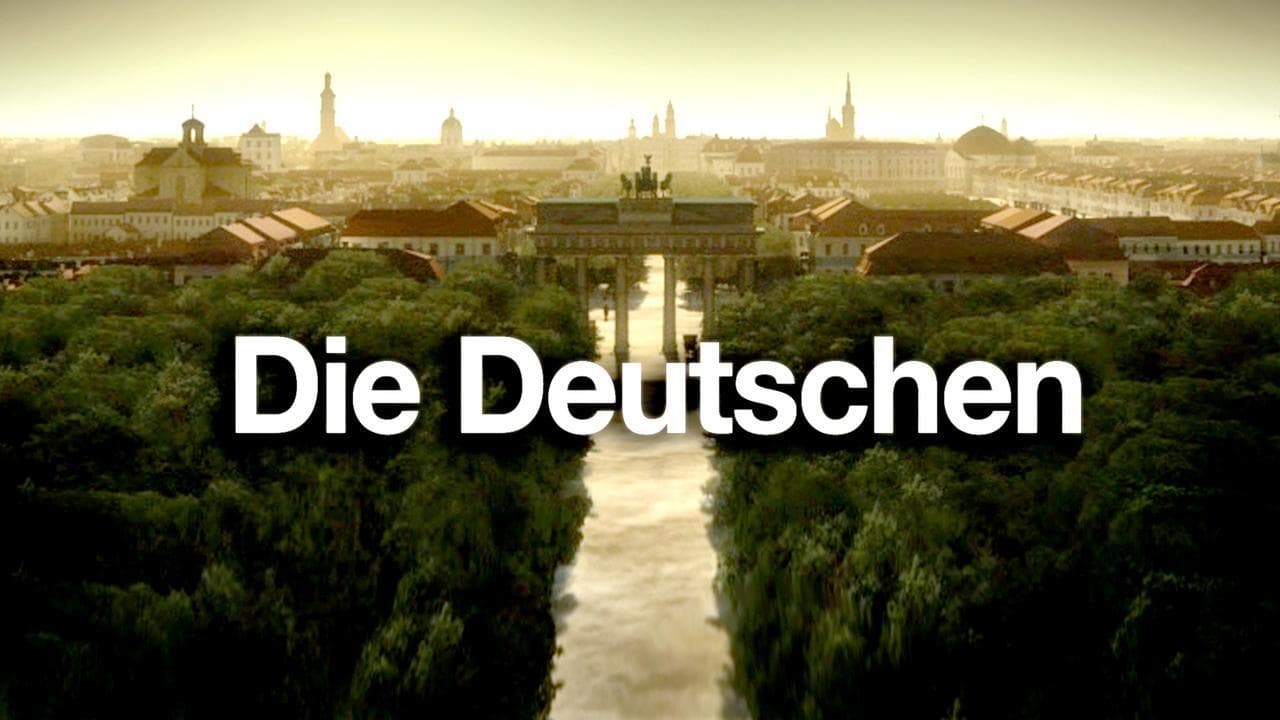
Die Deutschen is a German television documentary produced for ZDF that first aired from October to November 2008. Each episode recounts a selected epoch of German history, beginning with the reign of Otto the Great and ending with the collapse of the German Empire at the end of the First World War. In November 2010 the second season of Die Deutschen was published in German television, beginning with Charlemagne, the Frankish King, and ending with Gustav Stresemann, the Chancellor and Foreign Minister during the Weimar Republic. Historical events are recreated through a combination of live action scenes and computer generated animations. The series was filmed at over 200 different locations in Germany, Malta, and Romania at a cost of approximately €500,000 per episode.
Seasons & Episode

He was already considered the "Father of Europe" by his contemporaries: Charlemagne (probably 748-814). He created a foundation that shaped the continent. Germans and French alike regard the legendary Carolingian as the progenitor.

Hildegard von Bingen (1098-1179) is the most popular German of the Middle Ages - on a par with the powerful of her time. She was a visionary, a natural scientist, a politician and composer, a theologian, and even the manager of two monasteries she founded. Many of her writings, especially her knowledge of natural medicine, have lost none of their relevance to this day. Others still raise questions. While some suspect in Hildegard's visions a kind of drug intoxication of the herbalists, others see in it a prophetic gift, even a proof of her holiness.

It was the time of upheaval, the Reformation shook the existing order. In 1521, there was turmoil in Zwickau, Saxony: the young priest Thomas Müntzer (1489-1525), who preached at St. Mary's Church, turned against the ecclesiastical and secular authorities and demanded the God-given right to freedom and equality for all people. Müntzer was not a man of compromise. The church criticism of Luther, whom he had once admired, did not go far enough for him. Not only the papacy but also the secular order based on the estates were a thorn in his side.

He is considered one of the most enigmatic monarchs of modern times: Elector Friedrich August I of Saxony, known as "August the Strong" (1670 to 1733). His princely self-portrayal was comparable only to that of another European monarch: Louis XIV. August's court was to be in no way inferior to that of the French Sun King. Hundreds of festivities a year, balls, masquerades and animal hatches were organized by the king.
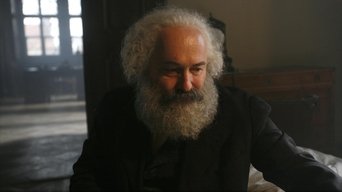
He is one of the most effective best-selling authors in the history of the world, and yet few have read his work in its entirety. His teachings have become a substitute religion, even though the author never saw himself as a founder of faith, but as a scientific analyst. "I am not a Marxist," flirted Karl Marx (1818-1883), whose work influenced the course of world history like no German since Luther. From the middle of the 20th century, about half of humanity was led by governments that invoked the German thinker.
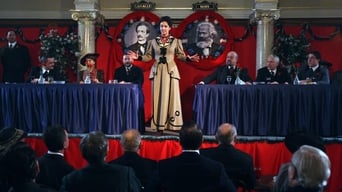
Since her youth, Rosa Luxemburg was convinced that the world had to change. She wanted to realize her dream of a socialist revolution, first in the SPD and later in the German Communist Party, which she co-founded. But the revolution failed. On November 9, 1918, a revolution did indeed break out in Germany - but it ultimately ended with the adoption of the new Weimar Constitution.
Die Deutschen is a German television documentary produced for ZDF that first aired from October to November 2008. Each episode recounts a selected epoch of German history, beginning with the reign of Otto the Great and ending with the collapse of the German Empire at the end of the First World War. In November 2010 the second season of Die Deutschen was published in German television, beginning with Charlemagne, the Frankish King, and ending with Gustav Stresemann, the Chancellor and Foreign Minister during the Weimar Republic. Historical events are recreated through a combination of live action scenes and computer generated animations. The series was filmed at over 200 different locations in Germany, Malta, and Romania at a cost of approximately €500,000 per episode.
Watch Trailer
Free Trial Channels


